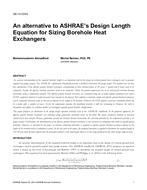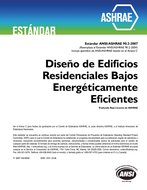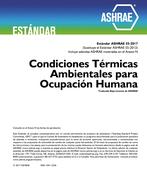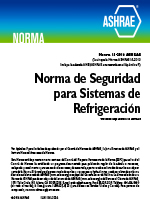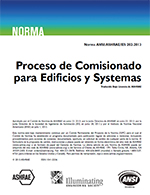Description
An accurate determination of the required borehole length is an important step in the design of vertical ground heat exchangers used in ground-coupled heat pump systems. The ASHRAE Application Handbook presents a method to determine the design length. The method rests on three key calculations. First, effective ground thermal resistances corresponding to three thermal pulses of 10 years, 1 month and 6 hours need to be calculated. Second, the effective borehole resistance needs to be evaluated. Third, the ground temperature has to be corrected for borehole thermal interaction using a temperature penalty. The effective ground thermal resistances are evaluated using the so-called infinite cylindrical heat source (CHS) analytical solution to radial transient heat transfer in the ground. This solution is relatively simple and effective ground thermal resistances can be calculated relatively easily as they do not depend on the length of the borehole. However, the CHS neglects axial heat conduction which can be a factor after a number of years. As for the temperature penalty, the handbook provides a table for estimating it. However, the table is incomplete and applies to a limited number of rectangular equally-spaced borehole configurations.
This paper proposes an alternative to the design length equation currently used in the ASHRAE handbook. In the proposed approach, the effective ground thermal resistances are evaluated using g-functions calculated based on the finite line source analytical solution to transient radial/axial heat transfer. Because g-functions account for borehole thermal interaction, the correction provided by the temperature penalty is no longer needed. Furthermore, the determination of the effective ground thermal resistances is not restricted to rectangular bore fields of equally-spaced boreholes. However, as described in the paper an iterative calculation procedure is required as effective ground thermal resistances depend on the length of the borehole which is unknown a priori. In the last part of the paper, the proposed procedure is applied to determine the required length of 12×10 bore field. Results indicate that the procedure predicts a bore field length which is in the range predicted by five other design software tools.
Citation: ASHRAE Papers CD: 2014 ASHRAE Annual Conference, Seattle, WA
Product Details
- Published:
- 2014
- Number of Pages:
- 8
- File Size:
- 1 file , 820 KB
- Product Code(s):
- D-SE-14-C049
